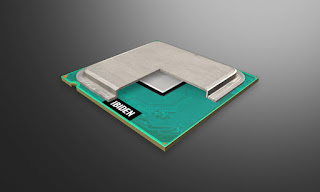Ibiden continues to develop new products for sustainable growth
Ibiden
Co., Ltd. headquartered in Ogaki City, Gifu Prefecture manufactures IC
packages, electronic products such as printed circuit boards and ceramic
products.
In recent years, IC packages for Intel and printed wiring boards for
smartphones are the main products.
It
is also a major manufacturer of Diesel Particulate Filter, equipment for
automobiles to remove black smoke form diesel engine exhaust.
Recently,
the company faces tough situation because of changes of the main market.
Demand
for electronic components for smartphones was sluggish and sales for exhaust
gas purification filters also decreased due to shrinking ratio of diesel
vehicles in Europe.
Its
profit for consolidated base of the fiscal year ending March 2019 were 3.3
billion yen, down 72% from the previous term.
Sales
were down 3 percent to 291.1 billion yen.
To
cope with these circumstances the company is developing new products to build
next business pillars that support long term growth.
Specifically it launched
four new development centers in 2017 to develop new products, namely Automobile
Functional Component Development Center, Next-Generation Mobility Product
Development Center, Advanced Ceramic Material Development Center and
Bio-Material Product Development Center.
In
another recent move it signed a capital and business alliance agreement with
Denso Corporation in April 2017 to push forward the joint research and
development in the area of next-generation vehicle exhaust system and vehicle
electrification.
Working hard to push forward these new developments, the company aims to contribute to the progress of society through innovative technology with respect for both individuals and the global environment.






Comments
Post a Comment